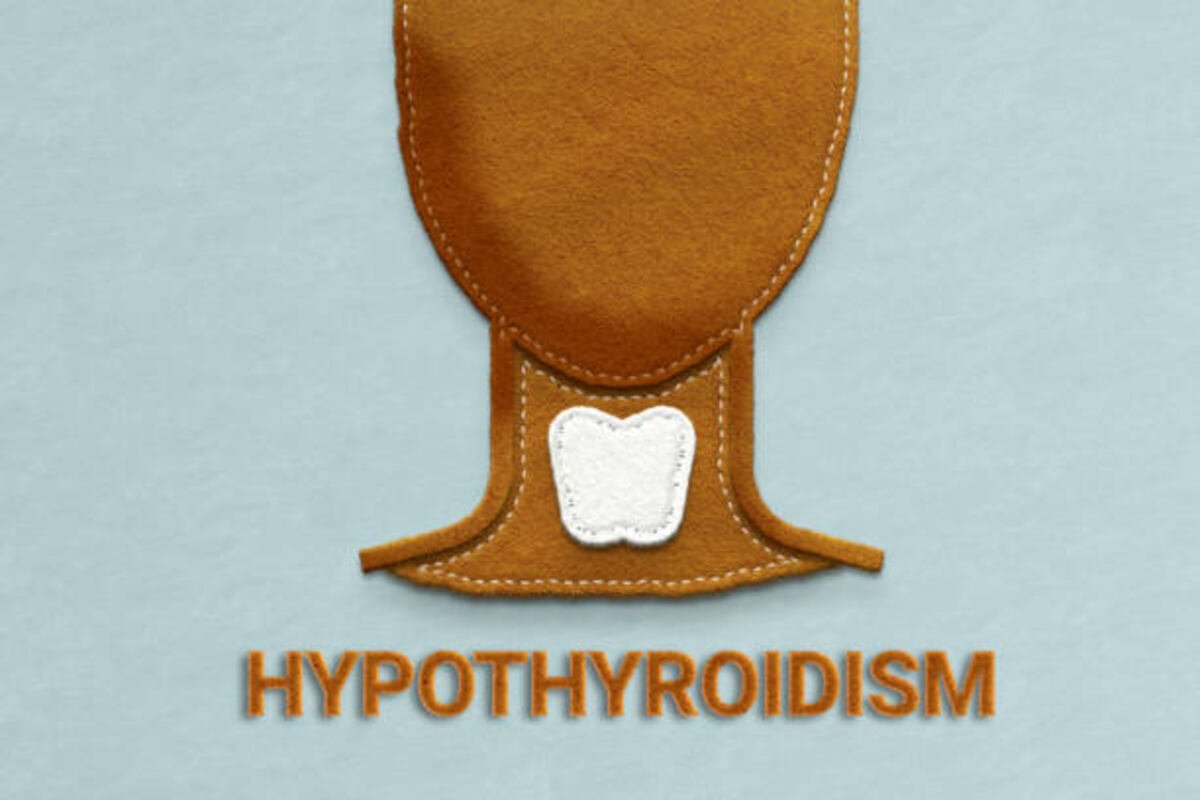Hypothyroidism Symptoms
Hypothyroidism is an underlying condition that can cause a host of health problems. Learn about the symptoms, causes, treatment, and prevention of this condition. If you are experiencing one or more of these symptoms, your doctor may be able to help. A doctor can provide you with an accurate diagnosis, recommend treatment and provide a treatment plan.
Symptoms
The symptoms of hypothyroidism include fatigue, weight gain, and moodiness. The condition also leads to low immunity. The thyroid gland controls neurotransmitters that regulate our emotions and nerve signaling. When levels are low, hypothyroidism can lead to life-threatening conditions. In severe cases, people can lose consciousness and enter a coma.
If not treated, hypothyroidism can lead to other serious health problems, including infertility and autoimmune disorders. The condition can also result in congenital disabilities. Babies born to women with untreated hypothyroidism are at a higher risk for congenital disabilities and intellectual disabilities.
A doctor will typically prescribe a synthetic hormone to treat hypothyroid symptoms. Most people will see a difference six to eight weeks after starting treatment. Some people may experience a reduction in symptoms by taking anti-inflammatory supplements or probiotics. This will help lower the TSH levels in the body and reduce symptoms. A dietary change like adding turmeric (500 mg curcumin) or omega-3s may also help.
Causes
Hypothyroidism is an underactive condition in which the thyroid gland produces inadequate thyroid hormone production. As a result, many vital body functions become sluggish. About 10 percent of older women are affected by this condition. Symptoms can be mild, temporary, or severe. Some of the most common causes of hypothyroidism are chronic inflammation of the thyroid gland and an autoimmune disease known as Hashimoto’s thyroiditis.
Hypothyroidism may cause various symptoms, including slowed metabolism and increased heart disease and stroke risk. Women with hypothyroidism may also experience early menopause. Low body heat and cold intolerance are other common symptoms of hypothyroidism. While some of these symptoms are harmless, others may be related to other health conditions or typical signs of aging.
While hypothyroidism usually affects adults, children can also be affected. Infants affected by hypothyroidism have a high risk for mental and physical problems. Although this condition affects fewer than one percent of children, it is worth recognizing these symptoms if they occur.
Treatment
Hypothyroidism is when the thyroid gland fails to produce enough thyroid hormone. It is caused by a malfunctioning thyroid gland or damage to the thyroid gland. The condition can be mild or severe. However, hypothyroidism can have devastating effects on the body if left untreated. It can lead to various health problems, including premature birth, high blood pressure, and slow growth.
Patients who suffer from hypothyroidism should keep a diary of their symptoms. Bringing this journal to their doctor’s appointment can help them identify patterns. It will also help the doctor determine whether they need further testing or treatment. In addition, bring a list of all medications that you are taking. This information will allow the doctor to consider whether your current medications interfere with your thyroid treatment.
During pregnancy, some women are more likely to experience hypothyroidism. The condition is caused by Hashimoto’s thyroiditis, which affects approximately three to five percent of pregnant women. Uncontrolled hypothyroidism increases the risk of miscarriage, preterm delivery, and a rise in blood pressure during late pregnancy. It can also affect the baby’s brain development.
Prevention
One of the best ways to prevent hypothyroidism symptoms is to quit smoking. Quitting smoking helps the body regulate thyroid hormone levels and can also lower the risk of many other diseases. In addition, you should consult your doctor about proper medication dosage to get the best thyroid hormone replacement. Your doctor will determine the correct dose for your condition by considering your symptoms, blood test results, and the cause of your hypothyroidism. It is also essential to bring a list of your current medications. Some of them may interact with your thyroid medications. Other important information to provide your doctor includes your family and personal medical history.
A family history of thyroid disease increases the risk of developing hypothyroidism. Also, women over 60 years of age are at greater risk. In addition, pregnant women are at greater risk of developing hypothyroidism, which can cause physical disability and slow growth. Some studies show that about five to 10 percent of women experience hypothyroidism during pregnancy. Uncontrolled hypothyroidism during pregnancy increases the risk of miscarriage and preterm birth.




